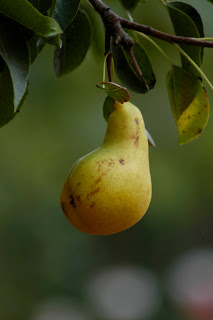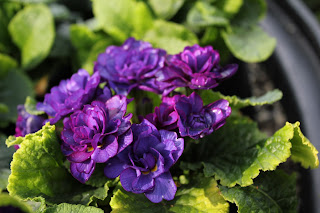Chinese New Year starts January 23rd. It’s a Year of the Dragon, a water sign. All legendary stories about Chinese dragons say they are from the sky, which means heaven in China. The Dragon this year is called the “Black Water Dragon,” one of nine sons of The Dragon, who sent its sons to help the first emperor conquer China. People didn't know too much about the Nine Dragons until Ming Dynasty (1368-1644 AD).
The legend goes that after completing the mission, the nine dragons were preparing to return heaven. But the emperor wanted them to continue to help the Ming Dynasty. They wouldn't stay and the emperor couldn't stop them.
 However, the emperor decided to play a trick on the most powerful dragon,
the 6th son. He tricked him into carrying a magic steel sword with
a carved inscription, which could suppress any ghost, spirit or evil creature.
The 6th dragon couldn't move under the magic steel, and his other brothers
wouldn't leave without him.
However, the emperor decided to play a trick on the most powerful dragon,
the 6th son. He tricked him into carrying a magic steel sword with
a carved inscription, which could suppress any ghost, spirit or evil creature.
The 6th dragon couldn't move under the magic steel, and his other brothers
wouldn't leave without him.They say people born in the Year of the Dragon share certain characteristics: innovative, enterprising, self-assured, brave, passionate, conceited, and quick-tempered. The Dragons are the free spirits of the Chinese Zodiac
Cities throughout the United States and Asia traditionally hold celebrations, including flower fairs, where traditional, auspicious blooms are sold. In San Francisco where I grew up the Chinese New Year Flower Fair bursts with an abundance of fresh flowers such as peach blossoms, narcissus, orchids, snap dragons and chrysanthemums.
Fresh fruits also are sold, especially oranges and tangerines. Oranges and tangerines are symbols for abundant happiness. Tangerines with leaves intact assure that one's relationship with the other remains secure. But kumquats and yuzu, along with many other Asian fruits, including Peento Peach (Donut), Chinese Dates (Jujube), and Asian Pears are also sold.
For newlyweds, this represents the branching of the couple into a family with many children. Every traditional Chinese household should have live blooming plants to symbolize rebirth and new growth. Flowers are believed to be symbolic of wealth and high positions in one's career. A home with a plant that bloom on New Year's Day signifies a year of prosperity.
The Chinese firmly believe that without flowers, there would be no formation of any fruits. Therefore, it is of utmost importance to have flowers and floral decoration in the home for the New Year.
http://www.sanfranciscochinatown.com/events/index.html
Celebrate the Year of the Dragon by planting something special in your garden!
And, this just in from Qualipedia ™ a blog devoted to all things elegant, founded by Dawn Bryan, an authority on gifting, protocol, quality and conscious choice, tips for imagining, selecting, and caring for your own personal dragon.
She notes that since ancient times, Dragons have been featured in myths and legends, (some have turned up in gardens as sculptures and ornaments) and have held major spiritual significance in various cultures and religions worldwide. Long associated with wisdom, universality, longevity, and a thirst for knowledge, dragons also possess certain supernatural powers.
"Anyone who is imaginative, creative, independent, spiritual, fabulous, and a seeker of knowledge can create and have his or her own dragon," says Bryan. "But remember that all dragons are different."
Although the website doesn't include examples of various dragons, there is an dubious offering of what the author deems noteworthy for gracious living. I guess Word Garden visitors will have to decide for themselves if the site provides a useful guide to life's elegant touches or not! If you care, click here: www.thequalipedia.com










No comments:
Post a Comment